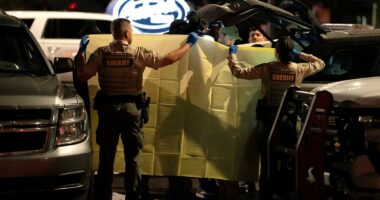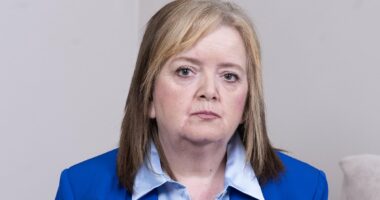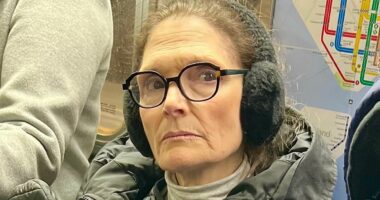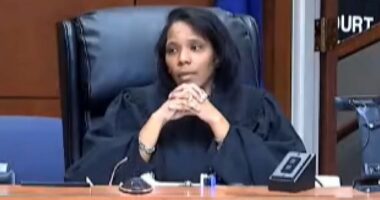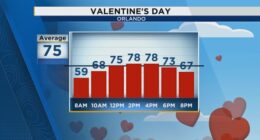Share this @internewscast.com

While New Yorkers’ attention has predominantly been captured by the mayoral race in this year’s citywide elections, November’s ballot quietly includes six proposals that may significantly impact the city. Among these, Proposal 6 aims to shift local elections to coincide with presidential election years—a plan that has largely flown under the radar.
Despite its well-meaning intentions, Proposal 6 could inadvertently hinder voter engagement. The measure threatens to dilute turnout in crucial local elections, mislead voters, amplify the sway of special interest groups, strain the Board of Elections, and even put some residents at risk of deportation.
Supporters of the proposal point to higher voter turnout during presidential elections as a compelling reason to synchronize the cycles, citing cities like Phoenix, where such strategies have reportedly boosted participation.
However, New York City is distinct from Phoenix. Phoenix is characterized by a sharp partisan divide, whereas cities like Los Angeles, which have adopted similar measures, hold nonpartisan local elections where the general election is decisive. New York, in contrast, places significant emphasis on primaries.
In reality, few of New York’s 51 Council Districts are anticipated to host competitive general elections this year, including the city’s Republican districts and its predominantly Democratic areas. Consider the deluge of campaign materials filling mailboxes in the lead-up to June primaries—by comparison, the current lead-up to the general election is likely much quieter. Even the contentious mayoral race is expected to be decisively won by the Democratic contender.
Under Proposal 6, city primaries would not align with presidential primaries, which occur in the spring to align with party conventions. Instead, they would coincide with June elections for Congress and the state Legislature, where turnout is historically lower than in the city’s odd-year races. Thus, Proposal 6 fails to promise an increase in participation during city primaries.
In fact, participation in city primaries would likely drop. Under Prop 6, most voters would have 15–20 elections on their primary ballot. About half of these would use Ranked Choice Voting and the other half would not, ensuring voter confusion.
Federal and state elections would claim pride of place on the first page of this four-plus-page ballot, pushing even the mayoral race to the second page (“don’t forget to flip your ballots!”), and lowly City Council races to the third or fourth. Judges and party positions would be lost at the bottom of the pile.
Studies show that even voters who show up at the polls tend to stop voting after the first five or so races, a phenomenon known as “ballot-fatigue.” Prop 6 proponents acknowledge this, but claim it would be offset by an increase in general election turnout. Sadly, no such increase will happen in our decisive June primaries.
As an important side note, Prop 6 could cause havoc if New York City ever grants voting rights to non-citizen permanent residents, a measure passed into law but currently blocked in court. This scenario would create serious confusion at polling places, and newly eligible NYC voters would be at risk of accidentally casting a federal ballot — a deportable felony. Current or future federal administrations would gleefully exploit this.
Local candidates would not only be lost on the ballot, but in the public conversation. These candidates’ spending is capped by NYC’s campaign finance rules — and if forced to compete for airtime with state and federal candidates, who face no such restrictions, they will be easily drowned out. Their only shot to be heard would be lean more heavily on deep-pocketed, special-interest independent expenditures.
Finally, Prop 6 would destroy the efficacy of the much-maligned Board of Elections. In addition to Election Day poll workers, the BOE employs a vital central staff of hard-working people from every corner of the city. Their expertise and continuity are essential in running operations as complex as citywide elections. But the BOE will be unable to maintain a staff that’s only needed every other year — workers will understandably leave for jobs that employ them in odd years as well. This will gut the capacity of an agency already spread too thin.
The bottom line is that the local issues that matter deeply to our lives — schools, housing, land use, policing and more — are decided at the city level. These issues deserve our undivided attention, and Prop 6 would disastrously divide it without increasing voter participation. New Yorkers should reject the proposition.
Newell is an election lawyer and Democratic district leader from the Lower East Side.





